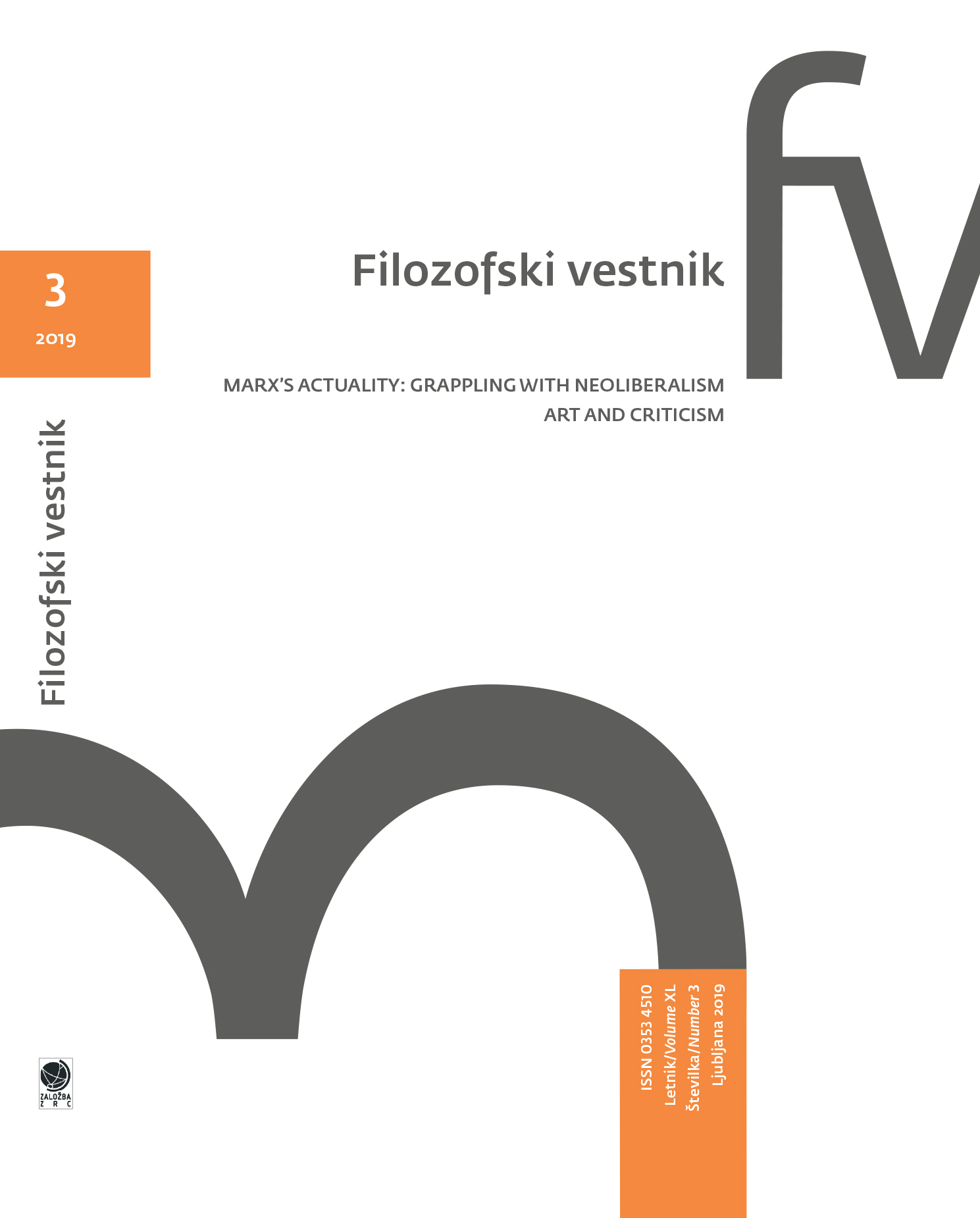Value, Fictitious Capital and Finance. The Timeless of Karl Marx’s Capital
Keywords:
Marx, monetary theory of value, ficticious capital, financialization, crisisAbstract
Marx’s monetary value theory constitutes a radical break from the Classical (Ricardian) notion of value; it conceives value not as a “quantity” of labour contained in the commodity but as a social relation expressing the immanent regularities of the capitalist mode of production. Starting from his value-form analysis in Part 1 of Volume 1 of Capital, Marx finally develops, in Volume 3, the concept of “fictitious capital”, which depicts the role of interest bearing capital and the financial sphere. Marx’s analysis allows for an understanding of contemporary capitalism, financialization and crisis: financialization cannot be isolated from “real” economy; it should be conceived as a “technology” of exercising capitalist power and hegemony over the labouring classes and the society as a whole. Marx’s analysis provides the terms to rethink the contemporary neoliberal form of capitalism and its crisis as expressions of the contradictions inherent in the organization of capitalist power.
Downloads
Downloads
Published
How to Cite
Issue
Section
License
Authors guarantee that the work is their own original creation and does not infringe any statutory or common-law copyright or any proprietary right of any third party. In case of claims by third parties, authors commit their self to defend the interests of the publisher, and shall cover any potential costs.
More in: Submission chapter





